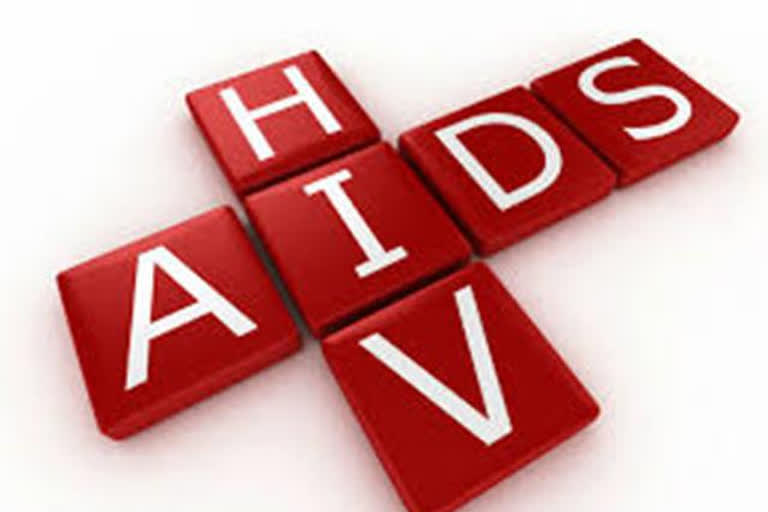Hyderabad: May 18 marks World AIDS Vaccine Day or HIV Vaccine Awareness Day. This day is all about spreading awareness about AIDS and its immunisation measures and the importance of vaccine to prevent HIV infection.
While healthcare workers, scientists, and supporters are working towards finding a safe and effective vaccine, investments and recognition is vital.
World Aids Vaccine Day was first observed on May 18 in 1998, one year exactly after then US president Bill Clinton’s speech. Every year since then the commemoration takes place. Activities are organized around the globe.
The aim of the activities is to raise awareness of the need for AIDS vaccines and to educate people about how HIV can be prevented. Ordinary people are reminded that they can also play a part in ending the disease.
On this day, volunteers take the opportunity to remind people that HIV can be prevented and each of us can play an important role in preventing its spread and ease global burden. This day provides us an opportunity to thank volunteers, health professionals, community members, and scientists who are working to find an effective vaccine for AIDS prevention.
The World AIDS Vaccine Day or HIV Virus Awareness Day is observed by the National Institute of Allergy and Infectious Disease (NIAID). The concept of this day is rooted in a May 18 speech by Bill Clinton.
He aimed at setting new goals for developing a vaccine given the advancement in science and technology, within the next decade. “Only a truly effective, preventive HIV vaccine can limit and eventually eliminate the threat of AIDS,” he said.
An HIV vaccine is a preventive measure for people who do not have HIV. Thus it is important that the efforts to make AIDS vaccine is accelerated. The goal is to prepare a possible vaccine to boost a person's immunity to fight HIV.
Every year communities around the world hold a variety of activities on this day to raise awareness about vaccines, prevention, educate communities and bring attention to ways in which individuals can be a part of an international effort to prevent it.
Usually, World AIDS Vaccine Day is celebrated by holding activities around the world. But, due to COVID-19 lockdown, no gatherings will take place this year. Video-conferencing will be used to interact with fellow scientists and healthcare professionals.
Global HIV & AIDS statistics — 2020 fact sheet
GLOBAL HIV STATISTICS
- 26 million [25.1 million–26.2 million] people were accessing antiretroviral therapy as of the end of June 2020.
- 38.0 million [31.6 million–44.5 million] people globally were living with HIV in 2019.
- 1.7 million [1.2 million–2.2 million] people became newly infected with HIV in 2019.
- 690 000 [500 000–970 000] people died from AIDS-related illnesses in 2019.
- 75.7 million [55.9 million–100 million] people have become infected with HIV since the start of the epidemic (end 2019).
- 32.7 million [24.8 million–42.2 million] people have died from AIDS-related illnesses since the start of the epidemic (end 2019).
People living with HIV
- In 2019, there were 38.0 million [31.6 million–44.5 million] people living with HIV.
- 36.2 million [30.2 million–42.5 million] adults.
- 1.8 million [1.3 million–2.2 million] children (0–14 years).
- 81% [68–95%] of all people living with HIV knew their HIV status.
- About 7.1 million people did not know that they were living with HIV.
Read: Apollo begins administering Sputnik V, priced at Rs 1,250 per dose on CoWIN



